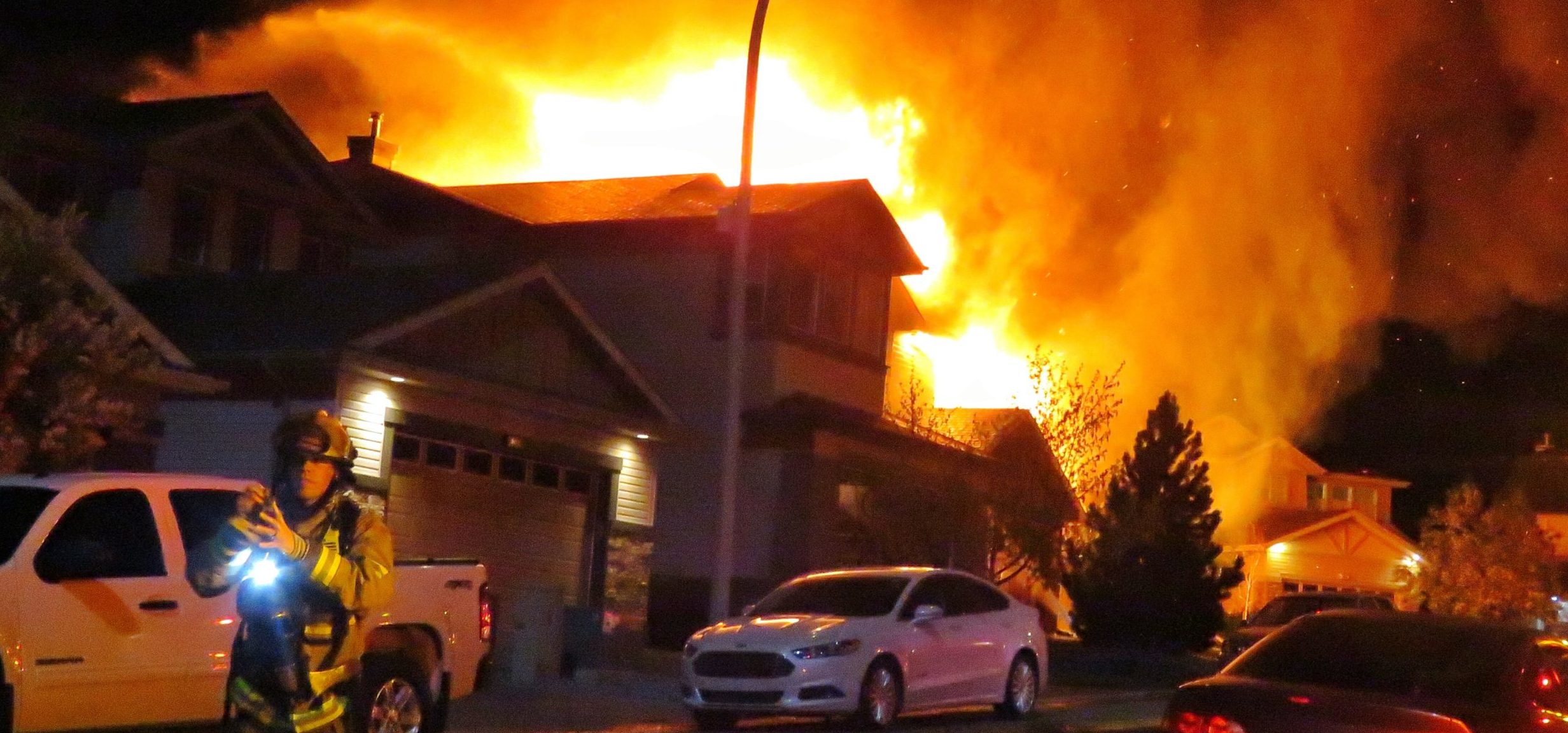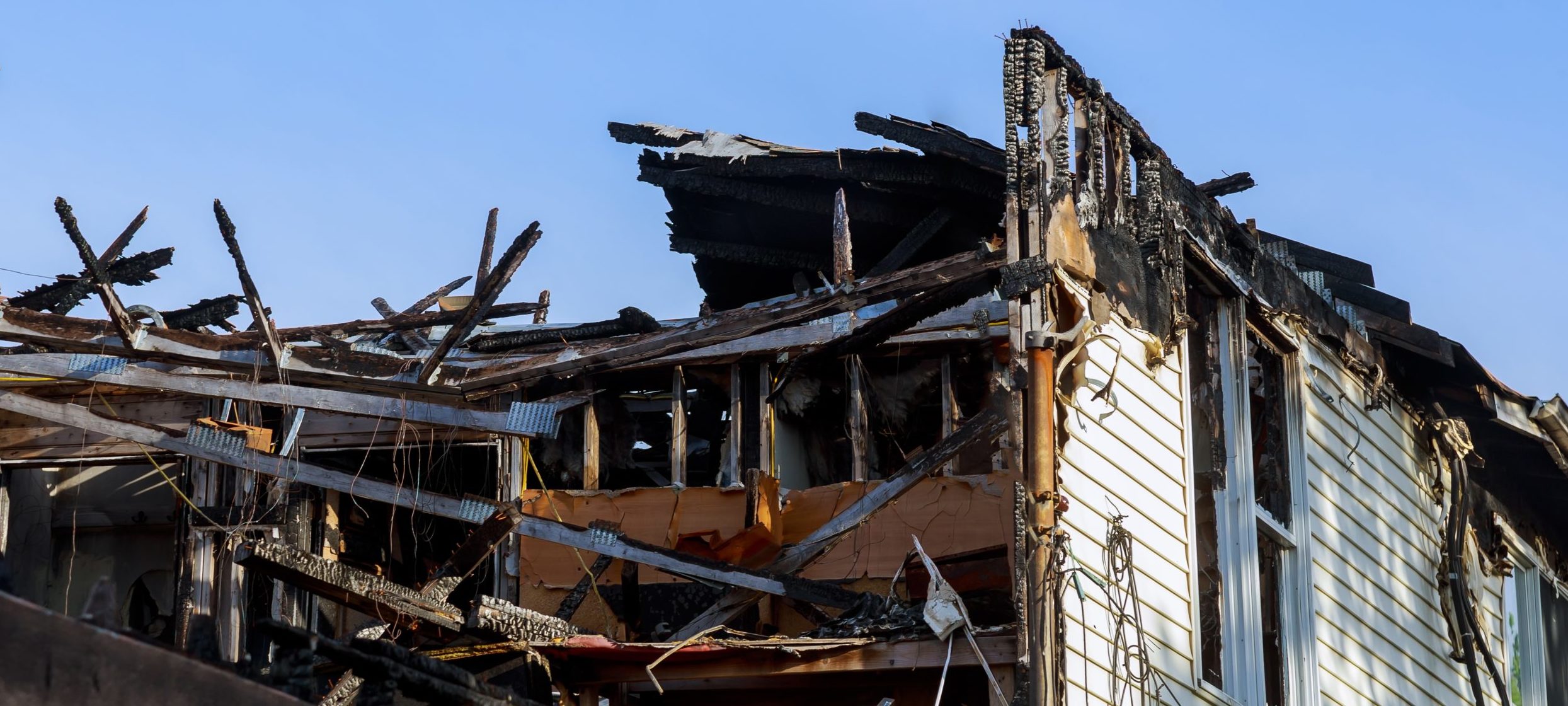Services
Approaches that are informed by the most current research
FPC conducts comprehensive evaluations for adults who have deliberately set fires and/or are at risk to do so. Our evaluators utilize approaches that are informed by the most current research and are consistent with best practices. Comprehensive evaluations include a record review, contact with collateral sources, clinical interview, risk assessment, and use of empirically supported instruments (when applicable). Individualized recommendations for treatment, supervision, supports, and risk management are offered.
Firesetting evaluations can be completed in combination with other risk management evaluations, including violence and sexual risk assessment. FPC’s evaluators also have expertise in conducting evaluations for adults with mental illnesses, traumatic brain injuries, and developmental disabilities including individuals with autism spectrum disorder.
Specific types of evaluations include:
- Risk Management Assessments- identifies risk factors, conditions in which risk is elevated or mitigated, treatment needs, and recommendations for supervision and supports
- Treatment Needs Assessments- identifies treatment recommendations and evaluates treatment progress
- Residential Consultation- identifies appropriate residential setting and supports to manage risk
- Readiness for Discharge Evaluation- evaluates whether an individual is ready to transition to a less restrictive setting
- Forensic Evaluations (e.g., aid in sentencing, probation/parole decisions, criminal responsibility, mitigation)-answer specific legal questions related to firesetting behaviors

Individual or Group Treatment
FPC provides individual and group treatment for adults who deliberately set fires and/or who are at risk to so do. Our services are consistent with the current recommended best practices in this area, including use of the Multi-trajectory Theory of Firesetting (M-TTAF) model (Gannon et al., 2012). This theory considers the developmental context, proximal factors (e.g., life events, contextual factors, internal affect/cognition, biology, and culture), moderators (e.g., mental health, self-esteem), and risk factors that contribute to deliberate firesetting. Cognitive Behavioral Therapy (CBT) and psychoeducational approaches are utilized within this treatment model. Our clinicians engage clients in a collaborative manner. Treatment includes individualized treatment plans and regular progress updates.
Our clinicians have been trained in the Firesetting Intervention Programme for Mentally Disordered Offenders (FIP-MO), which is a standardized treatment intervention program for individuals with a mental health and/or personality disorder who deliberately set fires. FPC has adopted this treatment model.
FPC also provides psychopharmacological treatment. Psychopharmacologic treatment is used to treat comorbid psychiatric disorders. There is no psychopharmacologic treatment aimed at firesetting behavior. The treatment of comorbid disorders enhances an individual’s ability to engage in treatment that decreases the risk of firesetting.

Consultation related to firesetting
FPC provides consultation related to firesetting assessment and treatment to attorneys, probation and parole officers, and agencies supporting adults who have deliberately set fires. Our evaluators also offer feedback sessions following risk management evaluations and are available to provide ongoing consultation related to implementing recommendations and evaluating treatment/behavioral progress.
We commonly provided consultations to agencies that work with individuals who set fires. In this capacity, we provide consultation with regard to behavioral management including restrictions to firesetting paraphernalia and appropriate housing requirements.

Professional Development Training
FPC provides professional development training and workshops related to firesetting evaluation, treatment, and risk management. Workshops can be individualized for specific groups (e.g., clinicians, residential support staff, law enforcement/probation, correctional settings). Please contact FPC for more information related to the training offered.

Contact Us
Learn More
